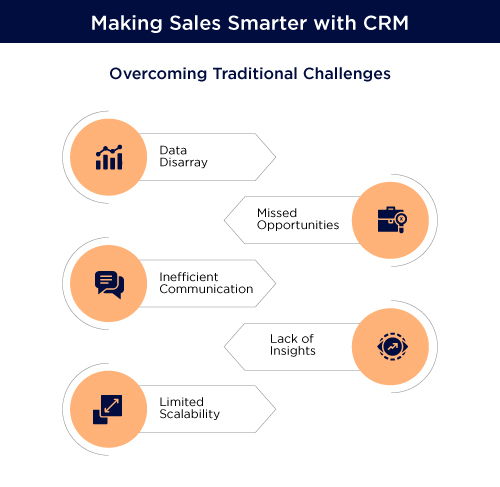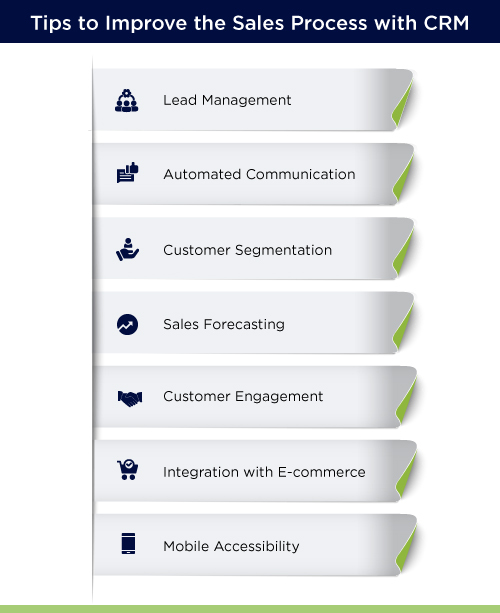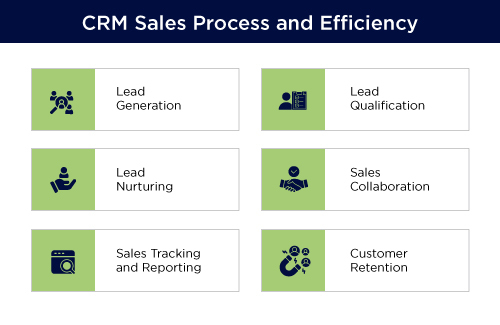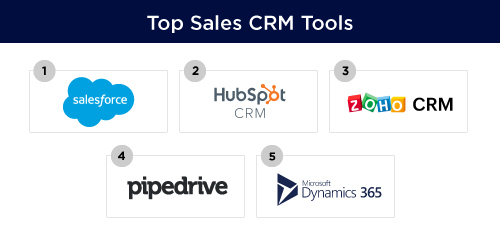Rethinking Customer Relationship Management
Customer relationships are the lifeblood of running a successful business. Building and maintaining these relationships is essential for growth and profitability. However, traditional relationship management systems often fall short, leading to missed opportunities, inefficient processes, and frustrated sales teams. Imagine juggling a myriad of spreadsheets, sticky notes, and email chains to keep track of your customers' needs and preferences. It's a recipe for chaos and lost opportunities. But there's a solution – Customer Relationship Management, or CRM.
In this article, we'll explore what a CRM is, how it has revolutionised the sales process, and provide tips on using CRM to enhance efficiency.
What is a CRM and What Does it Do?


A CRM, or Customer Relationship Management, is a comprehensive tool that centralises and streamlines the management of customer information, interactions, and relationships. It's a digital hub that allows businesses to track, analyse, and nurture relationships with leads and customers throughout their journey. At its core, a CRM serves as a single source of truth, providing a 360-degree view of each customer's history, preferences, and communication.
But what does this mean in practical terms?
Imagine you run a thriving e-commerce business, and every day, you receive inquiries, process orders, and handle customer support requests. You engage with potential buyers through various channels: email, social media, phone calls, and your website. Without a proper CRM, you'd have a cluttered inbox, paper records, and post-it notes galore, making it challenging to keep up with everything. But a CRM in place can effortlessly organise, automate, and optimise your interactions, from lead generation to post-sale support.
Making Sales Smarter with CRM

Overcoming Traditional Challenges
-
Data Disarray: Without CRM, businesses often struggle to maintain accurate and up-to-date customer data. CRM systems centralise customer information, eliminating data discrepancies and ensuring that everyone in your team is on the same page.
-
Missed Opportunities: Without a systematic way to track leads and follow up with prospects, valuable opportunities can slip through the cracks. CRM automates lead nurturing, ensuring that no lead goes unattended.
-
Inefficient Communication: Managing emails and phone calls manually can be time-consuming and prone to errors. CRM tools facilitate automated communication, helping you send personalised messages at scale.
-
Lack of Insights: Traditional methods often lack the data analytics capabilities essential for informed decision-making. CRM provides valuable insights into customer behaviour, preferences, and sales performance, enabling data-driven strategies.
-
Limited Scalability: As your business grows, traditional relationship management systems become increasingly unmanageable. CRM solutions can scale with your business, accommodating an ever-expanding customer base and sales team.
Tips to Improve the Sales Process with CRM

-
Lead Management: CRM systems are adept at lead management, helping you track and categorise leads based on their readiness to purchase. This allows your sales team to focus their efforts on the most promising leads, increasing conversion rates.
-
Automated Communication: CRM enables automated communication workflows, such as follow-up emails, appointment reminders, and personalised offers. This reduces manual workload and ensures timely interactions with leads and customers.
-
Customer Segmentation: Utilise CRM to segment your customer base based on various criteria, such as demographics, purchase history, or engagement level. Tailor your marketing efforts and offers to specific customer segments for greater effectiveness.
-
Sales Forecasting: CRM tools offer predictive analytics to help you forecast sales trends and allocate resources effectively. This enables you to stay ahead of market shifts and seize opportunities.
-
Customer Engagement: Foster stronger customer relationships by leveraging CRM to track and nurture customer interactions. Send personalised messages, offer loyalty rewards, and provide exceptional customer support.
-
Integration with E-commerce: If you run an e-commerce business, consider CRM systems that seamlessly integrate with your e-commerce platform. This allows for real-time updates on inventory, order history, and customer data, ensuring a smooth shopping experience.
-
Mobile Accessibility: Many CRM solutions offer mobile apps, enabling your sales team to access critical information and manage customer interactions on the go, whether they’re in the office or out in the field.
CRM Sales Process and Efficiency

-
Lead Generation: CRM systems can automate lead capture and categorisation. By capturing leads through your website, social media, or other channels, CRM ensures no lead goes unnoticed.
-
Lead Qualification: Efficiently qualify leads based on predefined criteria. CRM tools can score leads, helping your sales team prioritise high-value prospects.
-
Lead Nurturing: CRM automates lead nurturing processes by sending targeted emails, personalised recommendations, and follow-up messages to move leads through the sales funnel.
-
Sales Collaboration: CRM fosters collaboration among your sales team by providing a shared platform to update lead and customer information, track interactions, and delegate tasks.
-
Sales Tracking and Reporting: CRM tools generate insightful reports and dashboards, allowing you to monitor sales performance, conversion rates, and revenue. This data helps you identify areas for improvement.
-
Customer Retention: CRM systems facilitate ongoing engagement with customers post-sale. Automated reminders for follow-up and personalised communication build lasting relationships.
Top Sales CRM Tools

Salesforce
HubSpot CRM
Zoho CRM
Pipedrive
Microsoft Dynamics 365
Conclusion
CRM has revolutionised the sales process, empowering businesses to overcome the challenges of traditional relationship management. With CRM, you can organise, automate, and optimise every aspect of your customer interactions, from lead generation to post-sale support. CRM is not just a tool; it's the key to sustainable success in an ever-competitive market. HubSpot CRM is the most used CRM solution globally due to its versatility to integrate with other HubSpot and marketing tools to provide an all-around digital marketing solution.
HubSpot is a user-friendly tool with intuitive functionalities. However, in order to take full advantage of the platform, it’s wiser to partner up with an experienced agency. Amura Marketing Technologies is the leading B2B marketing company in India. We have over 15 years of experience in helping businesses implement, operate, integrate and upgrade HubSpot CRM and other HubSpot platforms. Our meticulously designed HubSpot solutions have helped companies streamline their sales process and achieve their business objectives.








